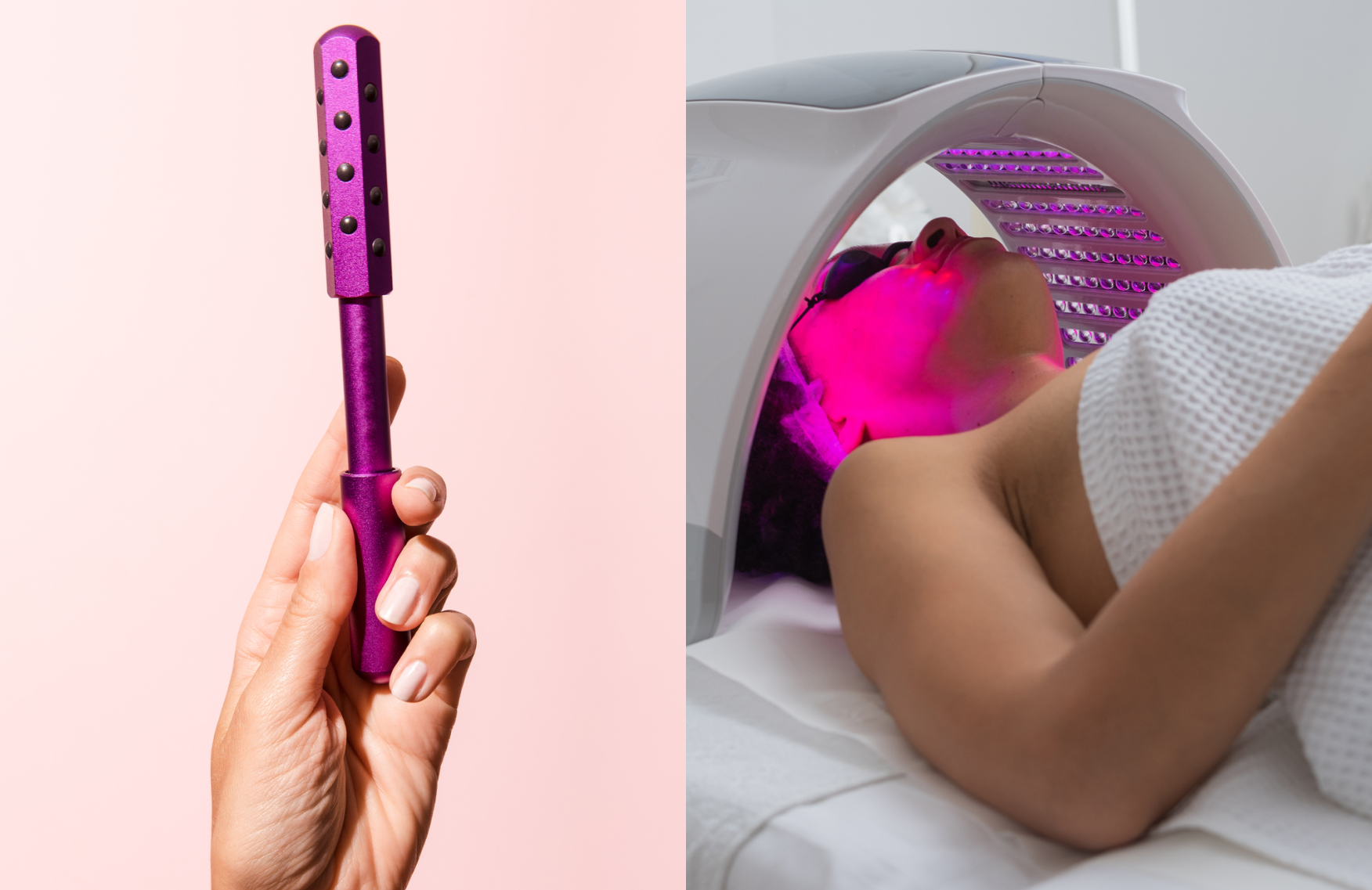Hot-topic crash course: How immunity impacts skin (and vice versa)

“Your skin is the body’s first line of defense against viruses and bacteria.”—Dr. Howard Murad, board-certified dermatologist and founder of Murad Skincare
With the (hopefully) once-in-many-lifetimes pandemic, it’s no wonder interest in understanding immunity is at a peak. While skin may not immediately jump to mind when thinking about ways to ward off illnesses and diseases, there are in fact multiple ways immunity and skin affect one another—both need to be in good shape to achieve your strongest immune system.
But first, immune system 101
Ever wonder exactly what your immune system is? What is it comprised of? What parts of the body is it located in? According to the world-renowned Cleveland Clinic, “Your immune system is a large network of organs, white blood cells, proteins (antibodies) and chemicals” working together to defend against bacteria, viruses, parasites and fungi that cause infection, illness and disease. While it fights off invaders, sometimes it can keep attacking after invaders are destroyed (or attack when no invader exists)—this is when issues such as allergic reactions or autoimmune diseases arise.
“The immune system doesn’t reside in a certain place,” Dr. Murad explains, “rather it’s a complex, comprehensive, all-over system.” White blood cells—the agents that attack and destroy germs—play a critical role, and they can be found everywhere from your lymph nodes and tonsils, to your small intestine and spleen. Research does show though that almost 70% of the immune system is in your digestive tract, with the remainder in bone marrow, mucous membranes (lining your respiratory and reproductive tracts, for example)—and skin, too.
Not only does skin have its own immune system, but it also functions as an active immune organ for the entire body
One function of your skin’s immune system is to heal cuts, wounds, sunburns and other damage. It plays a key role in the skin’s tissue-healing process, with white-blood cells called neutrophils attracting other immune cells like macrophages to help trap invaders and rid the damaged area of germs. Why is mending a cut so critical? Without healing, infections can form, wreaking even more havoc on your entire immune system (not just your skin’s immune system).
Additionally, skin acts as a barrier that keeps out a host of toxins and harmful microbes. But it functions as more than just a physical barrier—skin is also an active immune organ. “When we damage our skin, it damages the rest of us, too,” Dr. Murad says. “For instance, if you’ve ever had a bad sunburn, not only does your skin get really red and irritated, but you probably also feel lethargic, tired, weak or nauseous. So your skin as an immune organ has been compromised, and that’s affected your body, too. The damage has penetrated into the blood stream to affect cells and other organs.”
Your immune system, along with the gut microbiome, can ultimately affect skin inflammation and other complexion concerns
First, it’s important to understand there’s a part of you called the human microbiome, which is the totality of trillions of bacteria, viruses and fungi that live within your body. Some are “bad” (linked to disease) and others are “good” (linked to health)—and a portion of this overall microbiome lives in your gut, while another portion lives on your skin.
With that out of the way: Remember how we mentioned almost 70% of the immune system is in your gut (aka digestive tract)? Well, newer research suggests the microbiome that lives in your gut and immune system may help control brain health—specifically, this gut microbiome can affect the central nervous system, which controls brain function. What does this mean for your skin? As numerous peer-reviewed studies have shown, brain health (for example, living with less stress) can reduce inflammation, eczema and acne flare-ups, and other complexion concerns.
Plus, research continues on the direct relationship between your gut microbiome and skin microbiome. The former appears to have an influence on the latter, according to the 2018 study “The Gut Microbiome as a Major Regulator of the Gut-Skin Axis,” published in the journal Frontiers in Microbiology. Your skin microbiome, like the gut microbiome, can interact with your immune system to help maintain a healthy balance of bad bacteria found on skin. Consider this example from Dr. Murad: “There’s bacteria that’s associated with acne. Breakouts happen when these bacteria congregate. If they can be dispersed and kept in check by the microbiome, then breakouts are much less likely.”
For Dr. Murad’s latest (and maybe even surprising) advice on how to keep your immune system healthy—skin benefits, included—click here.



